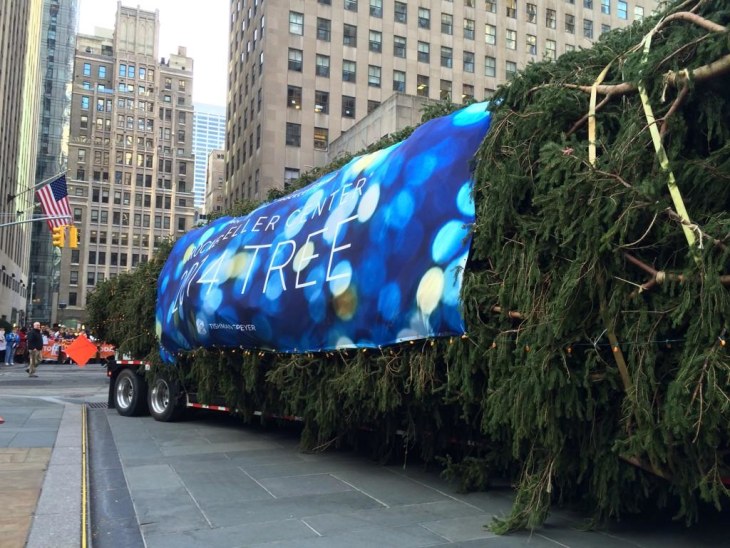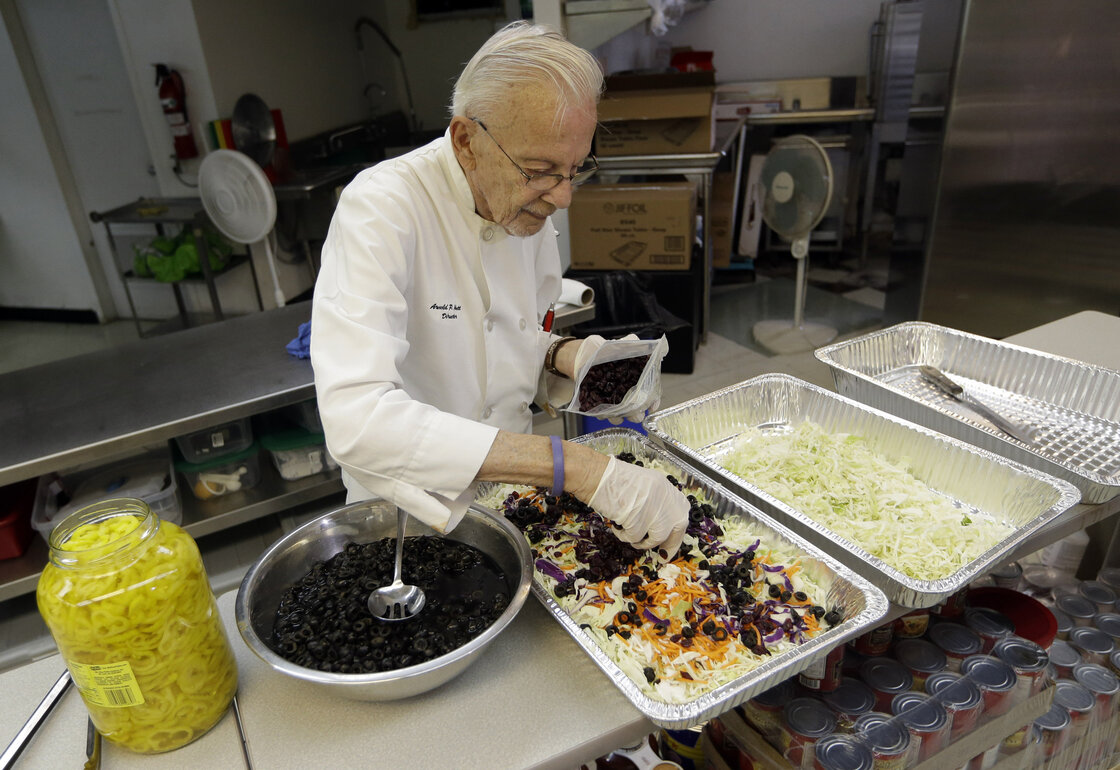Matthew 25:31-46, Christ the King A, November 23, 2014
Grace and peace be unto you from God our Father and from our Lord and Savior Jesus Christ, Amen.
When we hear this gospel passage, we often think of judgment day. Jesus one day will divide us like sheep and goats, one group destined for heaven and one destined for hell. Jesus will separate us based on our good works. We think of this passage as describing an event far off into the future, one that has no immediate consequence for us.
Yet this is not necessarily the case. I wonder if we are taking this too literally. Is the purpose to give a detailed description of our final judgment, or does it have something to say about right here and now? Jesus here is encouraging us to act, to follow his example, and to watch out for the least among us.
There are always people in need, and we always have something to offer. Sometimes, we give to others for our own benefit. We may donate clothes to Good Will, yet we do so just as much to clean out our homes as we do to clothe the naked. We feed the homeless and the hungry so that we feel good, not always so that their bellies are fed. We, as Christians and as Americans, are good at charity, but how good are we at justice?
I occasionally hear of service projects that truly are focused on those in need, and not on our own benefit. On the internet and during podcasts, I hear stories of how individuals are changing the world, helping one individual at a time.
For example, consider the movement called "Do Something." On Facebook, I follow this organization run by millennials creating service projects for millennials. For example, one of their campaigns is Teens for Jeans. When this group of young people heard that one of the most requested items by the homeless is a good pair of jeans, they could not sit idly by and do nothing.
So, they did something. They realize that homelessness is a real problem for some teenagers, and often what those young people want most is a pair of jeans. Homeless teenagers have plenty of third and fourth-hand old ratty clothing, but what they desire most is something that will help them feel good inside and out. A good fitting pair of jeans is not just a piece of clothing - it is a self-esteem booster.
So, teenagers organize collections at their schools. High schoolers donate jeans from their own wardrobes so that others can be clothed well. These young people see Christ in the homeless around them, and they are doing something about it.
These millennials are doing exactly what Jesus is talking about in today’s parable. Jesus tells us that the sheep who will enter the kingdom of heaven are the ones who have fed the hungry, given drink to the thirsty, welcomed the stranger, given clothing to the naked, and visited prisoners. We can do these things not just so that we can feel better about ourselves, but we can truly help others in the precess. When we serve our neighbors with respect, we can give them the dignity and confidence that they deserve.
Here is another example of charity that borders on justice: Rupal Patel gave a TED Talk about her creative way to create new synthetic voices. Voices are important and unique to each of us; our voices often reflect our age, our gender, even our race. Our voice is an important part of our identity, yet some people cannot speak. Some have neurological conditions, and others have had problems with their vocal cords. We are familiar with Stephen Hawking, who uses a computerized voice to speak for him. We see him on tv interviews and even on Star Trek: The Next Generation and Big Bang Theory. Because we have seen him using this voice, many of us associate this male, deep raspy voice computerized voice as his.
Even so, most people who cannot speak use the same computerized voice. When Rupal Patel went to a conference for people who cannot speak, she saw eight year old girls speaking to sixty year old men using the same male, computer-generated voice. She saw hundreds of people using just a few computer voices, and none of their voices reflected their age or gender.
Patel decided to do something about this. She created an organization called, "Vocal ID." She took voice samples from a young woman named Samantha who could make sound but not speak. She then found another woman with the same tone of voice to be her voice surrogate. That surrogate woman recorded four hours of speech where she gave samples of just about all consonant and vowel combinations.
Then Patel created a program so that the computer can use her samples to generate any words that Samantha would like to speak. Now Samantha no longer needs to use an old male's voice to express herself. Now she can use a voice that is all her own.
Rupal Patel is giving dignity to disabled people. For people who may feel imprisoned in their own bodies, Patel is giving them their own voice. Young girls and boys can use a computer-generated voice that sounds like them. When they are older, then Vocal ID can create a new voice for them that reflects their maturity.
It is people like this - like teenagers donating their jeans and like Rupal Patel giving a voice to the voiceless - who are doing the work of Christ. They will be the sheep when Jesus divides the sheep from the goats, because they are loving the least among us, and doing it with dignity. These folks find a social issue that could just be a charity case, yet through their respect, they are doing justice.
We can do the same. For when we see the face of Christ in the least among us, how could we not treat them with respect and dignity. The very least we can do is help others gain a bit of self-confidence even as we care for their basic needs. When that day of judgment comes, we will confidently join the other sheep, not just because we have done these good deeds, but because we are confident of God's love for us. Amen.










